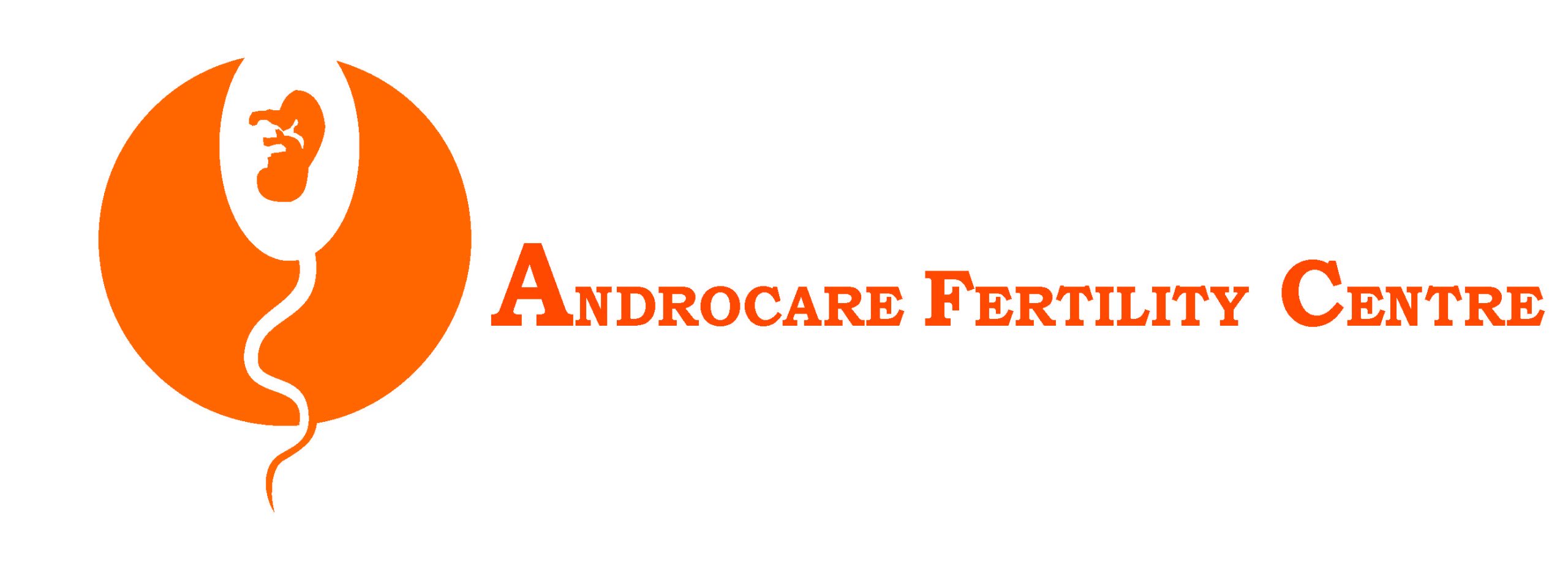Bringing eggs and sperm together in a carefully controlled environment to generate high-quality embryos, also known as in vitro fertilisation.
In natural conception, sperm and eggs meet in the fallopian tube and begin the complex process of fertilisation, embryo formation and growth. Introducing the sperm to the eggs in a carefully controlled environment can overcome the physical, endocrine and immune problems that may be preventing you conceiving.
How does it work?
First, you need to make some eggs. To help, we use fertility drugs to stimulate your ovaries to produce a number of eggs. Then, we harvest them using a minor surgical procedure and place them in a culture dish.
Next, we take the semen –usually produced by masturbation – and, using a variety of techniques, wash it and select the best sperm. These are put in culture with the egg, and fertilisation occurs naturally over the next 18 hours or so.
After a period of growth in culture our skilled embryologists assess the delicate embryos’ developing cell structure under a microscope. One or two are then transferred into your uterus. If suitable, remaining embryos can be frozen for future use (see Frozen Embryo Transfer below).
Is it right for me?
IVF may be appropriate in cases of male factor, or unexplained infertility, if you have blocked fallopian tubes, or have experienced a lack of success with other fertility treatments, such as ovulation induction or IUI.
If you are a female aged up to 43 you can usually have treatment using your own eggs, depending on your individual circumstances. If you are a women aged 44 or more we will advise you that you may need donated eggs or embryos. In every case we will assess you individually and agree a personalised treatment plan with you.
What’s next?
Following an initial consultation with one of our fertility specialists, you’ll start your agreed treatment plan. This involves taking IVF drugs for several weeks both to stimulate egg production and prepare your uterus to receive the embryos. Since your treatment plan is individual, the drug dosage and number of visits will depend on how your body responds.
You’ll need to visit our clinic for scans and blood tests during this time – usually up to four times – and we’ll monitor you closely to assess your response to the medication, suggest any potential modifications to your treatment, and decide when to proceed to egg collection.
Egg collection is a minor surgical procedure, carried out by one of our specialists. It involves an ultrasound-guided vaginal egg collection. We immediately pass the collected eggs to our on-site embryology laboratories.
Following the fertilisation of your eggs with sperm, we transfer either one or two of the resulting embryos to your uterus using a narrow catheter passed through your cervix. Then, 18 days after egg collection, you’ll be able to take a pregnancy test. If that is positive, you should attend the clinic about 20 days later for a pregnancy scan.
Medical Services
Contact Us
If you have any questions or need help, feel free to contact us for medical assistance.
